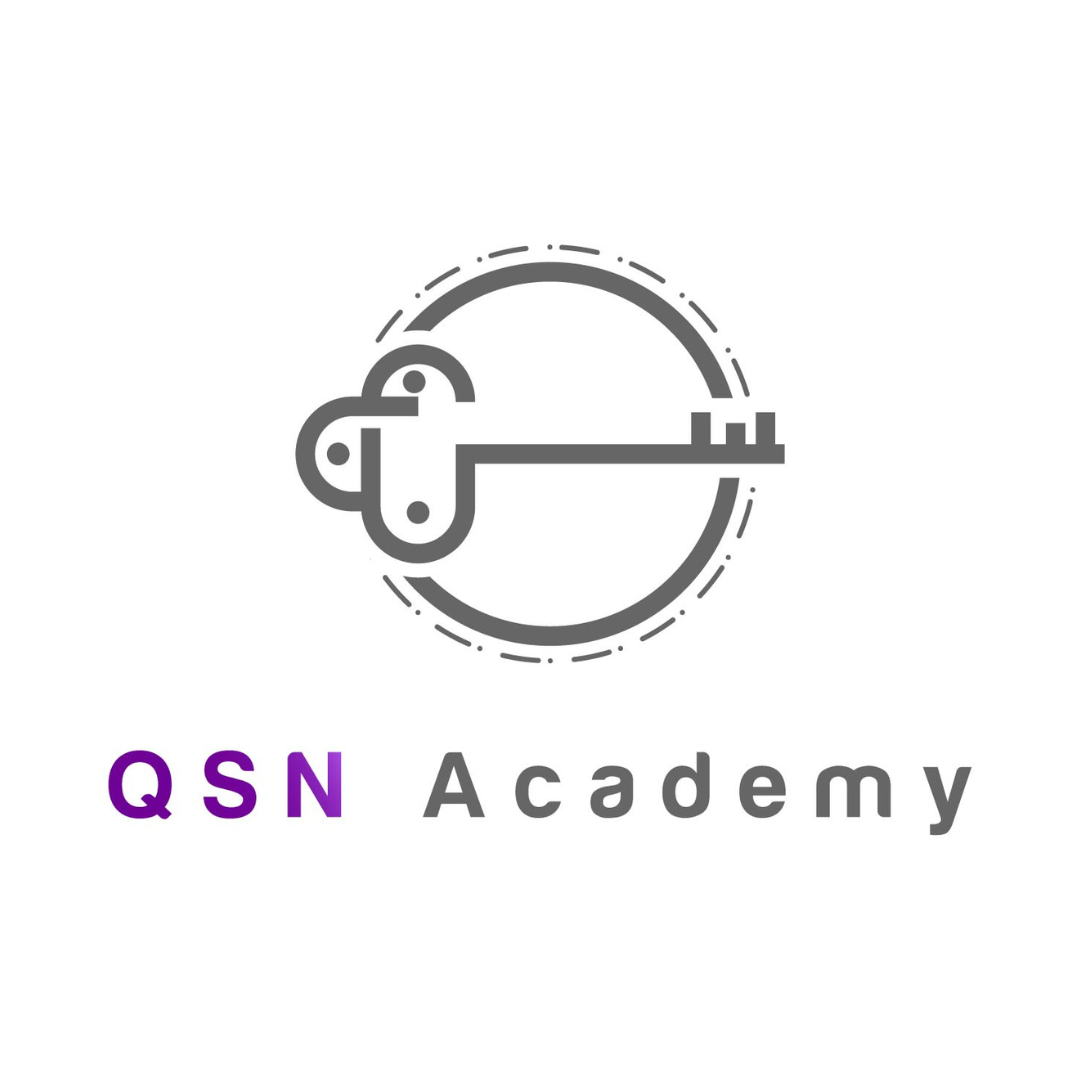
Role-based modules for different departments
Why One-Size-Fits-All Training Doesn’t Work
In a GMP-regulated environment, every employee plays a critical role in ensuring product quality and regulatory compliance. However, the responsibilities and risks associated with each role vary greatly between departments. A microbiologist in a QC lab faces different daily challenges than a production line operator, and a warehouse receiver needs different procedural knowledge than a QA documentation officer.
When training programs treat all staff the same, two major problems arise:
Irrelevant content – Staff sit through hours of training that doesn’t apply to their work, leading to disengagement and poor retention.
Critical gaps – Key role-specific risks and SOPs are not covered in enough depth, leaving staff unprepared for their actual duties.
Regulators expect training to be relevant, targeted, and proportionate to the responsibilities of each role. This is where role-based training modules make the difference.
Regulatory Expectations for Role-Specific Training
The TGA, FDA, and EMA all require that employees are trained in “the particular operations they perform” and “the GMP principles relevant to their responsibilities.” This means a general awareness of GMP is not enough—staff must be competent in their own job functions as they are carried out in your facility.
A role-based training structure allows you to demonstrate to auditors that:
Each staff member has completed training specific to their duties.
Training is directly linked to the SOPs, processes, and risks they manage.
Competence is assessed against the actual tasks they perform.
This level of traceability not only satisfies compliance requirements but also strengthens operational control.
Designing Role-Based Modules
A well-structured role-based training program starts with a training needs analysis (TNA). This involves mapping every job role to the specific competencies, SOPs, and regulatory requirements it must meet. From there, you can design targeted modules that cover exactly what each group needs.
Step 1 – Identify Departments and Roles
Typical GMP-regulated sites have departments such as:
Production / Manufacturing
Quality Control (QC) Laboratory
Quality Assurance (QA)
Warehouse and Logistics
Engineering / Maintenance
Validation
Management and Supervisors
Step 2 – Link SOPs and Competencies to Roles
For example:
Production Operators: SOPs for equipment setup, in-process checks, line clearance, cleaning procedures, and deviation reporting.
QC Analysts: SOPs for sample handling, test method execution, data integrity requirements, and OOS investigations.
Warehouse Staff: SOPs for goods receipt, quarantine procedures, environmental monitoring, and material labelling.
Engineers: SOPs for preventive maintenance, change control, calibration, and contamination prevention.
Step 3 – Create Targeted Learning Paths
Each module should cover:
Relevant GMP principles for that role.
SOP walkthroughs linked to real tasks.
Department-specific risks (e.g., cross-contamination in production vs. sample mix-up in QC).
Practical demonstrations and assessments.
Benefits of Role-Based Training
Adopting a role-specific approach to GMP training delivers benefits across compliance, efficiency, and staff engagement.
1. Improved Compliance
By showing that every employee has been trained in exactly what they do—and how they do it in your facility—you eliminate one of the most common audit findings: “Training not relevant to job function.”
2. Greater Knowledge Retention
When staff see a direct link between training content and their daily tasks, they are more likely to pay attention and retain the information.
3. Reduced Operational Errors
Role-based modules ensure that training addresses the highest-risk points for each department, reducing the likelihood of mistakes that could lead to deviations or product recalls.
4. Efficient Use of Training Time
Staff no longer sit through irrelevant content, meaning less time off the job and more focus on critical tasks.
Example: How Role-Based Training Works in Practice
Let’s consider two employees:
A Production Operator learns how to set up and operate a tablet press, follow line clearance procedures, and complete batch records accurately. Their training includes practical assessments on the actual machine they will use.
A QC Analyst focuses on aseptic sample handling, laboratory safety, method validation, and data integrity controls. They are assessed on conducting test procedures using your lab’s specific equipment and methods.
Both receive a foundation in GMP principles, but their role-specific modules ensure they are competent in the exact environment and processes they work in.
The Role of Cross-Department Awareness
While role-specific depth is essential, GMP environments also benefit from cross-department awareness modules. These help staff understand how their work impacts other areas. For example:
Production operators learn how their documentation affects QA release decisions.
QC analysts understand how delayed results can impact warehouse distribution timelines.
Warehouse staff appreciate how incorrect material labelling can affect production scheduling.
This broader perspective strengthens communication and reduces process bottlenecks.
How QSN Academy Implements Role-Based Modules
At QSN Academy, we design training programs that:
Map competencies to roles using your SOP library.
Develop targeted modules for each department and job role.
Blend theory and practice with both classroom/online learning and on-the-job assessments.
Provide cross-department awareness to improve collaboration.
Maintain a training matrix that gives clear traceability for auditors.
By aligning training to both the depth required for each role and the breadth needed for overall GMP awareness, we ensure your workforce is fully competent and audit-ready.
Get in Touch with QSN Academy
Role-based training modules bring structure, efficiency, and compliance strength to your GMP training program. They make learning more relevant, increase engagement, and ensure every employee has the skills and knowledge to perform their tasks to the required standard.
In a regulated industry where errors can have serious consequences, this targeted approach is not just best practice—it’s a necessity.
QSN Academy’s tailored role-based training solutions help organisations meet regulatory expectations, improve operational performance, and build a quality culture that lasts.
